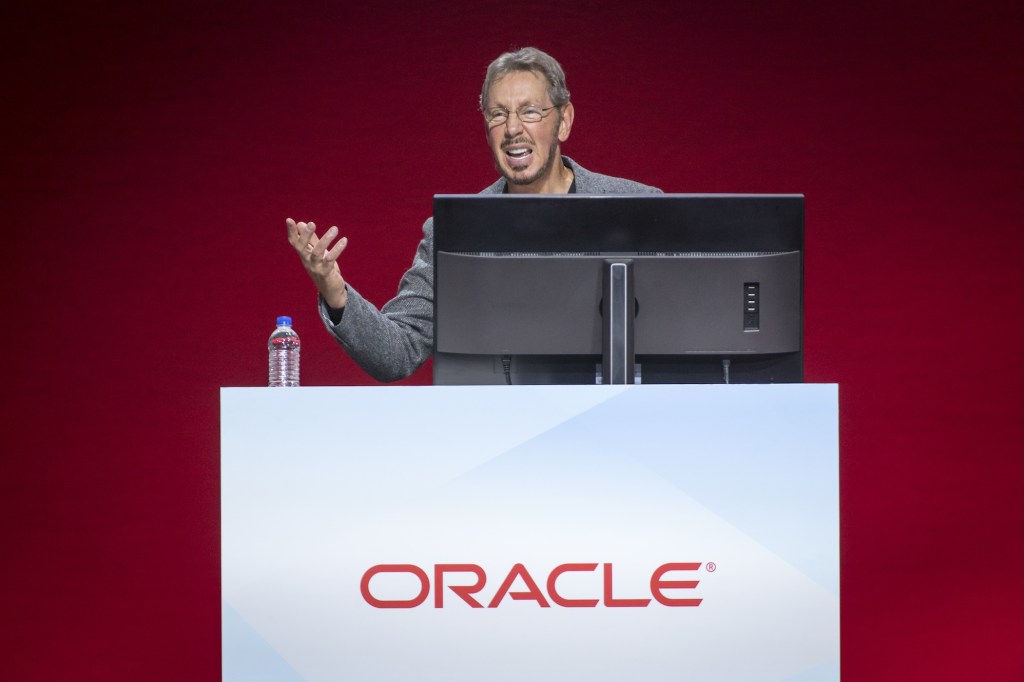In a recent development, President Donald Trump disclosed that he had initially planned to deploy National Guard troops into San Francisco to address the city’s escalating public safety concerns. However, after engaging in discussions with prominent technology industry leaders, including Nvidia’s CEO Jensen Huang and Salesforce’s CEO Marc Benioff, he decided to abandon the operation. This revelation was made through a post on his social media platform, Truth Social, on Thursday.
San Francisco’s Mayor, Daniel Lurie, corroborated the existence of the planned military intervention, stating that it had been considered and subsequently canceled. While he did not specify the individuals involved in the conversations with the President, the acknowledgment underscores the gravity of the situation and the influence of key stakeholders in the decision-making process.
Marc Benioff’s role in this scenario is particularly noteworthy. Earlier this month, just before Salesforce’s major tech conference in San Francisco—a city where the company is headquartered and where Benioff was born and raised—he publicly expressed support for President Trump. In an interview with The New York Times, Benioff stated, I fully support the president, and suggested that National Guard troops should patrol San Francisco’s streets to combat crime and homelessness. This stance marked a significant shift from his previously liberal-leaning positions and surprised many, including his own communications team.
The backlash was swift. Ron Conway, a renowned venture capitalist and long-time ally of Benioff, resigned from the board of the Salesforce Foundation in response to these comments. Conway reportedly conveyed his dismay in an email to Benioff, stating, I now barely recognize the person I have so long admired. This resignation highlighted the deep divisions and strong reactions within the tech community regarding Benioff’s remarks.
Recognizing the controversy his statements had sparked, Benioff issued a public apology and retracted his earlier call for National Guard intervention. In a post on X (formerly Twitter), he wrote, Having listened closely to my fellow San Franciscans and our local officials, and after the largest and safest Dreamforce in our history, I do not believe the National Guard is needed to address safety in San Francisco. This reversal indicates a responsiveness to community feedback and a commitment to local governance.
The involvement of Jensen Huang, CEO of Nvidia, in persuading President Trump to reconsider the deployment underscores the significant influence that tech industry leaders can wield in national policy decisions. While specific details of Huang’s conversations with the President have not been disclosed, his participation suggests a concerted effort by the tech community to address public safety concerns through dialogue and collaboration rather than military intervention.
This incident also sheds light on the evolving relationship between the federal government and the technology sector. Historically, tech leaders have maintained a cautious distance from direct political engagement. However, as issues like public safety, urban development, and national policy increasingly intersect with technology and innovation, figures like Benioff and Huang are stepping into more active roles in shaping policy outcomes.
Mayor Daniel Lurie’s confirmation of the planned military operation and its subsequent cancellation highlights the delicate balance between federal authority and local governance. It also underscores the importance of community input and the role of local leaders in influencing decisions that directly impact their constituents.
The broader implications of this episode are multifaceted. Firstly, it demonstrates the power of public and private sector collaboration in addressing complex urban challenges. By engaging with tech leaders, the administration acknowledged the value of industry insights and the potential for non-military solutions to public safety issues.
Secondly, it reflects the dynamic nature of political alliances and the potential for rapid shifts in public opinion. Benioff’s initial support for National Guard deployment, followed by his retraction and apology, illustrates the complexities of leadership in the public eye and the necessity for adaptability in response to community feedback.
Lastly, this situation serves as a case study in crisis management and the importance of effective communication. The swift backlash to Benioff’s comments and the subsequent damage control efforts highlight the need for leaders to carefully consider the impact of their statements and to engage in proactive dialogue with stakeholders.
As San Francisco continues to navigate its public safety challenges, the collaboration between government officials and tech industry leaders may serve as a model for other cities facing similar issues. The emphasis on dialogue, community engagement, and non-military interventions could pave the way for innovative solutions that address the root causes of urban safety concerns.
In conclusion, the decision to forgo the deployment of federal troops in San Francisco, influenced by the advocacy of tech leaders like Marc Benioff and Jensen Huang, underscores the evolving role of the technology sector in public policy. It highlights the potential for collaborative approaches to complex societal issues and the importance of responsive leadership in the face of public discourse.


